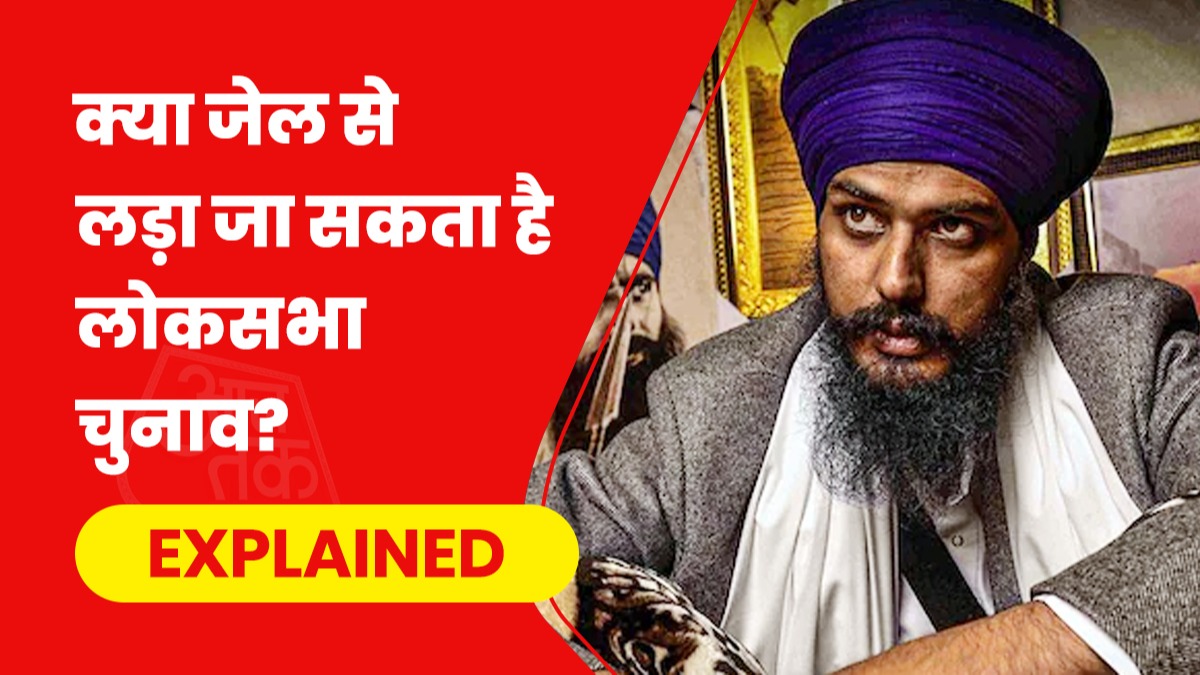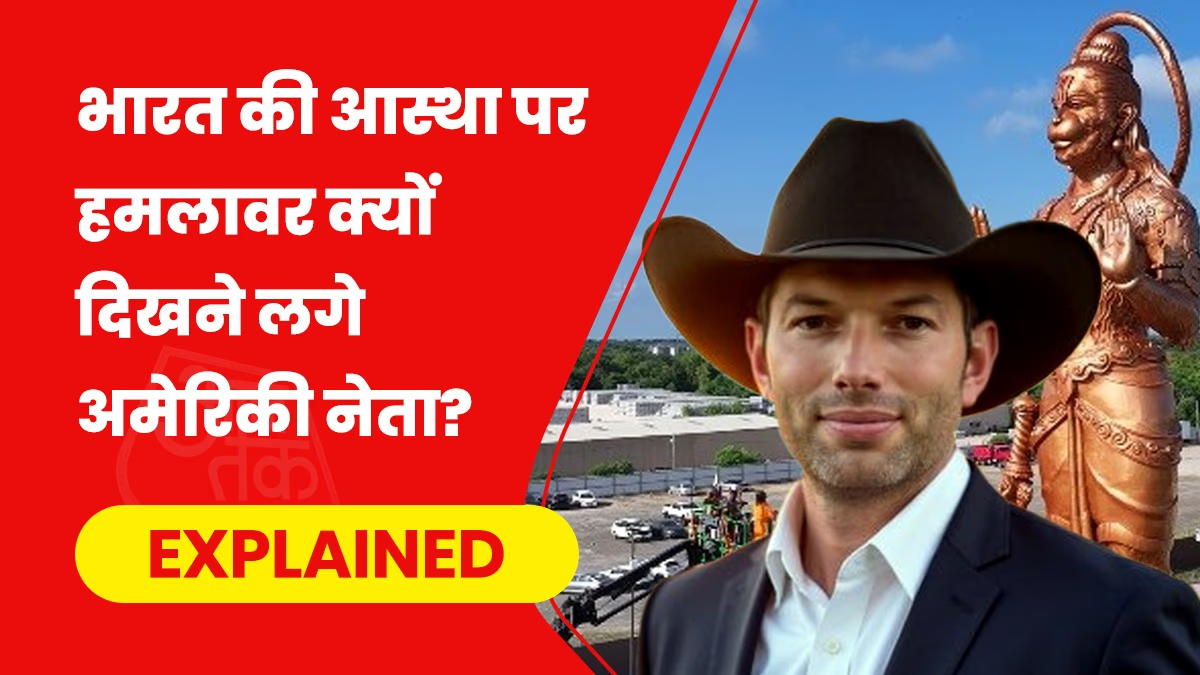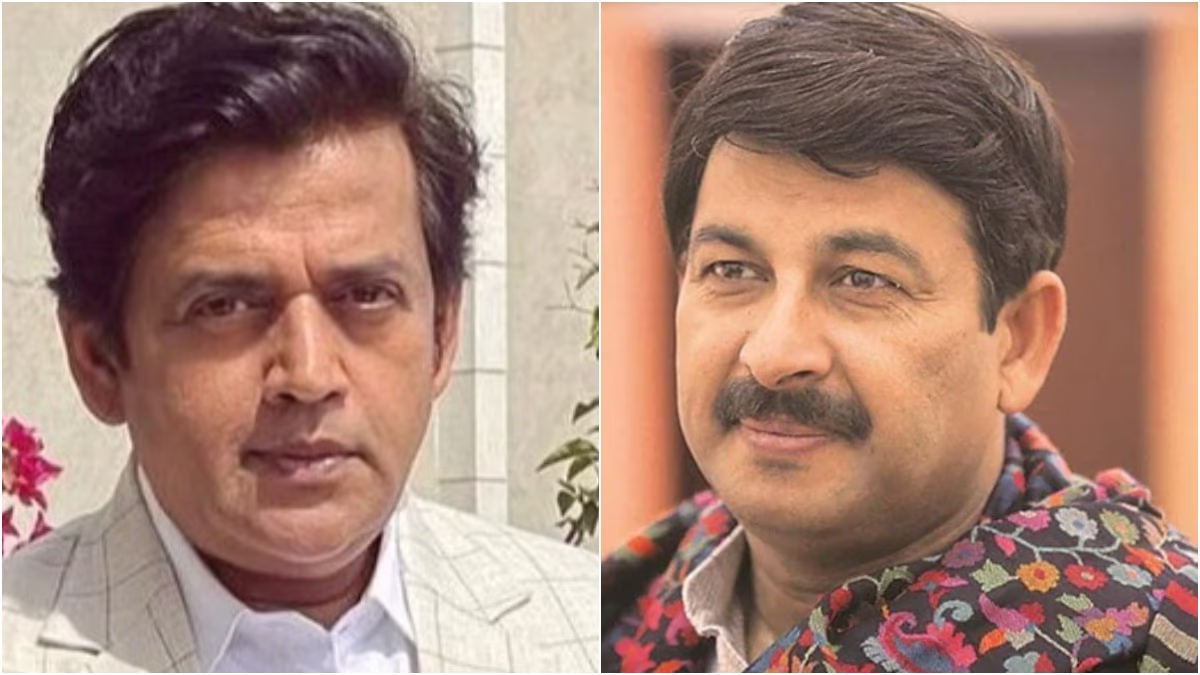Amritpal Singh, supporter of the Khalistan movement and leader of the 'Waris Punjab De' organization, is gearing up to contest the Lok Sabha elections. His lawyer declares that Amritpal will run as an independent candidate for the Khadoor Sahib seat in Punjab.
Rajdev Singh Khalsa, his lawyer states, 'During my visit to the central jail in Dibrugarh, I urged Bhai Sahib (Amritpal) to contest the elections from Khadoor Sahib for the betterment of the Khalsa Panth. He has consented and will partake as an independent contender.'
For over a year, Amritpal Singh has been detained in Dibrugarh Jail in Assam. He was arrested on the 23rd of April last year from Rode village in Moga. His detention in Dibrugarh was under the National Security Act (NSA).
Is It Possible to Contest Elections from Jail?
A person in jail or under judicial custody can legally contest elections unless they're convicted of a crime. Even post-conviction, if the sentence is less than two years, one remains eligible to run for elections.
In the past, it was not permitted. Patna High Court had riveted this, barring incarcerated individuals from contesting elections - pointing out the discrepancy that such individuals aren't allowed to vote, how can they contest. Eventually, the Supreme Court endorsed this in 2010.
However, the incumbent UPA government then amended the Representative of People's Act, permitting jailed individuals to contest elections, albeit without the right to vote themselves.
The amendment drew challenges in the courts, but the Supreme Court, in December 2014, clarified that being charged or incarcerated is not ground for disqualification from contesting unless one is convicted and sentenced.
Can a Prisoner Vote?
According to the Representative of People's Act, Section 62(5), prisoners, whether in jail or under judicial custody, are denied the right to vote. This encompasses all individuals, irrespective of whether they're serving time or held in custody.
Who Cannot Contest Elections?
Individuals sentenced to two or more years for criminal offenses are prohibited from contesting elections for a period of six years following their sentence's conclusion. For instance, a five-year sentence entails an 11-year disqualification from elections.
As per the Representation of the People Act, having one's name in the voter list is a prerequisite for contesting Lok Sabha or Vidhan Sabha elections. Nationality and minimum age are also determinants - Indian citizenship and at least 25 years of age are required.




